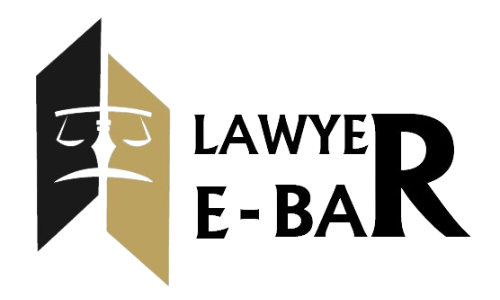Bail
- Online process. Save 30% cost
- 1Lakh+Happy Clients
- Well Qualified Team
- Fast & Quick Process
- Free Consultations Lifetime
- Lowest Price
- 100% Customer Satisfaction
Get Quote
Bail can be defined as the temporary release of a person accused of a crime, with the condition that they provide a specified amount of money or collateral as a guarantee to appear in court for their trial.
Types of Bail
02
Surety Bond
A surety bond involves a bail bondsman who posts the bail amount in exchange for a non-refundable fee paid by the accused.
03
Property Bond
In a property bond, the accused uses their property as collateral for bail.
04
Release on Recognizance (ROR)
ROR is granted when the judge believes the accused is trustworthy enough to appear in court without posting bail.
The Importance of Bail
Presumption of Innocence
Bail upholds the principle of “innocent until proven guilty” and prevents the accused from facing undue punishment before the trial’s conclusion.
Access to Legal Representation
By being out on bail, the accused can more effectively participate in their defense and consult with their attorney.
Social Impact
Bail allows the accused to maintain employment, family connections, and responsibilities, lessening the negative impact of pre-trial detention on their life.
Overcrowding in Prisons
Efficient use of bail helps reduce overcrowding in prisons and detention centers, prioritizing the incarceration of those who pose a significant risk to society.
Frequently Asked Question
Yes, in certain circumstances, bail can be denied if the judge believes the accused poses a significant risk of flight or danger to the community.
If the accused fails to appear in court, a warrant for their arrest may be issued, and the bail amount may be forfeited.
Yes, under certain circumstances, such as new evidence or changes in the accused’s situation, the bail amount can be modified by the court.
Bail is generally available for most offenses, with exceptions for certain severe crimes like capital offenses.
The bail process can vary depending on the complexity of the case, but it typically takes a few hours to a day to be completed.
